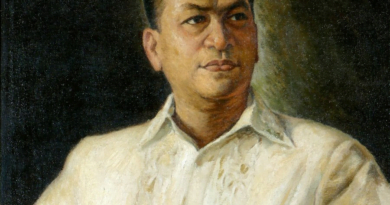Flag Satyagraha
Context:
The Ministry of Culture on 18th June had organised a programme to observe the Flag Satyagraha in Jabalpur, Madhya Pradesh.
About:
Flag Satyagraha is a campaign of peaceful civil disobedience during the Indian independence movement that focused on exercising the right and freedom to hoist the nationalist flag and challenge the legitimacy of the British Rule in India through the defiance of laws prohibiting the hoisting of nationalist flags and restricting civil freedoms. Flag Satyagrahas were conducted most notably in the city of Jabalpur and Nagpur in 1923 but also in many other parts of India.
Background
The hoisting of nationalist flags over private and public buildings (including sometimes government buildings) had been a common nationalist act of defiance, especially with the Revolutionary movement for Indian independence and the members of the revolutionary Gadar Party. Such acts of defiance gained currency across India with the rise of nationalist leaders such, Bipin Chandra Pal and Lala Lajpat Rai.
The Flag Satyagraha was a term coined to describe the hoisting of the flag as a defiance against British-imposed restrictions on civil freedom and also the legitimacy of British rule in India altogether. Proliferating during the Non-cooperation movement (1920-1922) and a prominent element of the Salt Satyagraha (1930) and the Quit India movement (1942), this means of revolt combined the hoisting of the nationalist flag with the technique of Satyagraha — non-violent civil disobedience — as pioneered by Mahatma Gandhi. Nationalists were encouraged to violate the law and hoist the flag without resisting arrest or retaliating against police
Significance:
It is a campaign of peaceful civil disobedience that focused on exercising the right and freedom to hoist the nationalist flag and challenge the legitimacy of the British Rule in India through the defiance of laws prohibiting the hoisting of nationalist flags and restricting civil freedoms.
Outcomes:
The arrest of nationalist protestors demanding the right to hoist the flag caused an outcry across India especially as Gandhi had recently been arrested.
- Nationalist leaders such as Sardar Vallabhbhai Patel, Jamnalal Bajaj, Chakravarthi Rajagopalachari, Dr. Rajendra Prasad and Vinoba Bhave organised the revolt and thousands of people from different regions traveled to Nagpur and other parts of the Central Provinces to participate in civil disobedience.
- In the end, the British negotiated an agreement with Patel and other Congress leaders permitting the protestors to conduct their march unhindered and obtaining the release of all those arrested.
Source: PIB
Discover more from Simplified UPSC
Subscribe to get the latest posts sent to your email.



